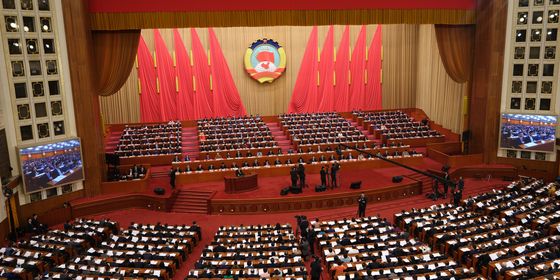After lockdowns and gathering restrictions ravaged movie theaters across China, those remaining are looking for alternative business models to survive
It was a weekday at noon in November, when Chen Yan first saw a large group of people relaxing in the massage chairs in the lobby of Rainer Stars, the Chengdu cinema she manages. This gave her her next business idea: to rent out seats in the cinema’s nearly empty auditoriums to office workers for afternoon naps.
At a fee of 12.9 yuan for two hours with a complimentary steam eye-mask, or 18.9 yuan with a bubble tea added in, the “lunch break package” was a last-ditch effort by Chen to “earn some money to cover energy expenses” as the pandemic continued to ravage the business of movie theaters across the country. On November 21, the same day Chen announced her new initiative, Emperor Entertainment Group in Hong Kong stated that it would close all seven of its theaters in five cities on the Chinese mainland, only the latest cinema chain to exit the market in a year fraught with bankruptcies and cinema closures.













